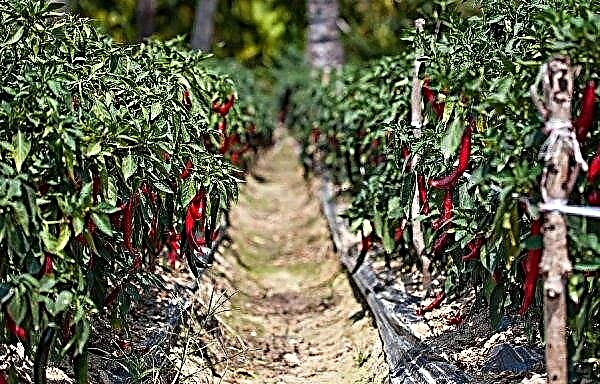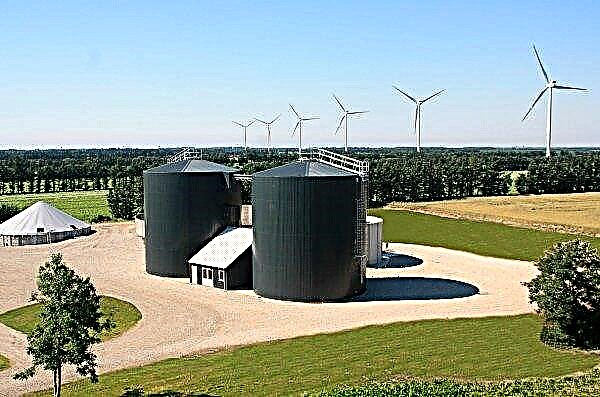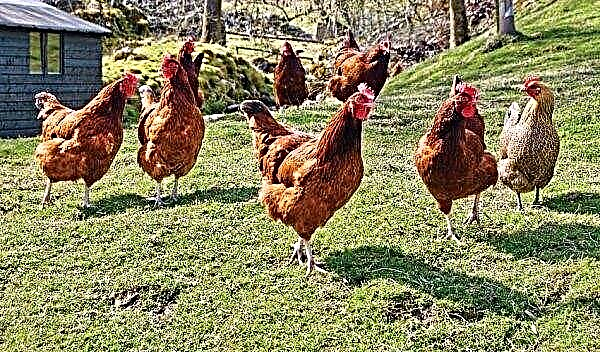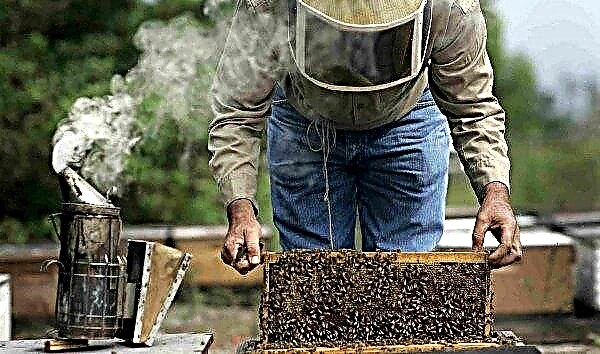Farmers, traders, and processors returned to the negotiating table after a two-year hiatus in a new attempt to reach an agreement on the introduction of electronic passports for grain.
If adopted, the existing paper system will be eliminated and the way will open for farmers to quickly receive information about the specifications of each batch of grain that they sell, which will potentially save them money.
Two years after negotiations between farmers and processors ceased, negotiations were again held between the National Farmers Union (NFU), the Confederation of Agricultural Industries, and the National Association of Flour Mills in the UK and Ireland.

Voting on the feasibility of continuing the debate is scheduled for the September meeting of the Cereal Contact Group, which includes farmers, traders, end users and carriers.
Tom Bradshaw, NFU Chair for Combined Crops, said: "I'm really sure that if we can take something, it will benefit all the links in the supply chain."
According to Tom Bradshaw, farmers can benefit from the opportunity to obtain data that will allow them to mix different quantities of wheat to meet requirements, as well as reduce drying costs.

The project was suspended in 2017 after six years of development, including an AHDB pilot project worth £ 400,000, after the parties were unable to agree on how to exchange grain specification information.












